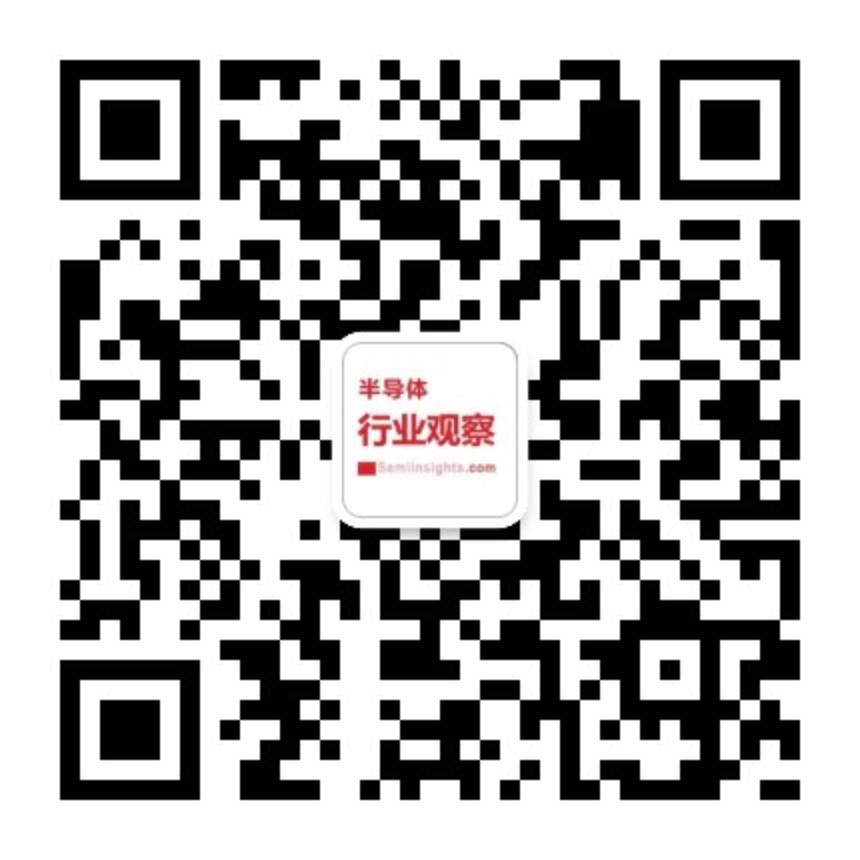Arm回应对华为禁运:不便评价,遵守美国法律
BBC 日前从一份据称是 ARM 内部通知的文件中获悉,软银旗下的知名芯片设计商 ARM 可能也已被卷入了华为跟美国政府的纷争之中。据称 ARM 已在通知中要求自己的员工「中止一切(与华为)进行中的合同、支持授权及进行中的交涉」,这背后的原因正是美国商务部将华为列入实体名单的举动。ARM 虽然是英国公司,但通知中指出其使用了「源于美国的技术」,因此美国政府的禁令对他们也依然有效。
按照通知中提到的要求,ARM 员工将不得「提供支持、交付技术(包括软件、代码或其它更新内容)、参与技术讨论或是跟华为、海思或其它相关企业商讨技术问题」,而且这些规定也涉及到了 ARM 中国的员工。一位 ARM 职员在接受 BBC 采访时,也坦言自己不确定在美国给予华为 90 天的临时许可后,ARM 这边的中止令会不会解除。唯一能肯定的,就是 ARM「目前会遵守美国政府公布的所有最新规定」。
考虑到华为主打的麒麟芯片是在 ARM 授权的技术上开发,已经有分析师直言 ARM 的决定将会「给华为造成难以逾越的障碍」。以结果来论,如果情况不发生变化的话,那华为之后确实是没法再使用 ARM 新推出的产品。不过技术上说,华为已经从 ARM 那里购买到的永久授权还是能用的,尽管在指令集更新等方面会存在问题,但极限情况下华为也未必不能靠自己做出些文章。
但很多分析师指出,因为华为永久买断了arm v8的授权,所以在这方面没什么影响。
ARM方面对此的回应是: 不便评价,公司遵守美国法律。
以下为BBC报道原文:
UK-based chip designer ARM has told staff it must suspend business with Huawei, according to internal documents obtained by the BBC.
ARM instructed employees to halt "all active contracts, support entitlements, and any pending engagements” with Huawei and its subsidiaries to comply with a recent US trade clampdown.
ARM's designs form the basis of most mobile device processors worldwide.
In a company memo, it said its designs contained “US origin technology”.
As a consequence, it believes it is affected by the Trump administration's ban.
One analyst described the move, if it became long-term, as an “insurmountable” blow to Huawei’s business.
He said it would greatly affect the firm's ability to develop its own chips, many of which are currently built with ARM’s underlying technology, for which it pays a licence.
Cambridge-headquartered ARM had been described as the UK's largest tech firm until its takeover by a Japanese fund. It employs 6,000 workers and lists eight offices in the US.
In a statement it said it was "complying with all of the latest regulations set forth by the US government”, but declined to comment further.
A spokesman for Huawei said the company “is not commenting at this time”.
What is ARM?
ARM is a chip designer founded in 1990. In September 2016 it was acquired by Japanese telecoms giant Softbank, but remains based in Cambridge, UK.
ARM does not manufacture computer processors itself, but rather licenses its semiconductor technologies to others.
In some cases, manufacturers only license ARM's architecture, or "instruction sets", which determine how processors handle commands. This option gives chip-makers greater freedom to customise their own designs.
In other cases, manufacturers license ARM's processor core designs - which describes how the chips' transistors should be arranged. These blueprints still need to be combined with other elements - such as memory and radios - to create what is referred to as a system-on-chip.
As a result, when you hear talk of a device being powered by a Samsung Exynos, Qualcomm Snapdragon or Apple A11 chip - or one in a Huawei smartphone - it is still ARM's technology that is involved.
ARM's US headquarters are in San Jose, California, and the firm has offices in Washington, Arizona, Texas and Massachusetts.
‘Unfortunate situation’
ARM’s staff were informed of the decision on 16 May, following the US Commerce Department’s move to add Huawei to its “entity list” of companies with which American firms could no longer do business.
The BBC has also seen a company memo dated 18 May detailing the implications of the export ban.
On Tuesday 21 May, US government officials issued a 90-day reprieve on the restrictions in order to minimise immediate disruption. But a source at ARM said staff had not been told they could start working again with Huawei or its subsidiaries, even temporarily.
A spokesman for ARM declined to offer any additional clarity about the current status of its Huawei contracts.
According to one memo, ARM staff were instructed to suspend all interactions with Huawei and its subsidiaries.
It advised staff to send a note informing Huawei (or related) employees that due to an “unfortunate situation”, they were not allowed to “provide support, delivery technology (whether software, code, or other updates), engage in technical discussions, or otherwise discuss technical matters with Huawei, HiSilicon or any of the other named entities”.
ARM staff that come into contact with employees at industry events must “politely decline and stop” any conversations about the business, the guidance said - stressing that individuals could be held personally liable for breaking the trade rules.
The ban also appeared to apply to ARM China, the China-based company in which ARM Holdings owns a 49% stake. It was set up as a joint venture with a Chinese investment consortium last year in order to enable ARM to develop, sell and offer support for its products in the region.
'Insurmountable obstacle'
Huawei told reporters on Tuesday that its “plan B” for software would be to develop its own operating system, something it has already been working on for some time. However, it will be significantly more difficult for the firm to source home-grown components of sufficient quality.
Huawei currently sources some of its chips from HiSilicon, which it owns. However, while produced in China, HiSilicon’s chips are built using underlying technology created by ARM.
While HiSilicon and Huawei are free to carry on using and manufacturing existing chips, the ban would mean the company could no longer turn to ARM for assistance in developing components for devices in future.
HiSilicon's upcoming processor, Kirin 985, is due be used in Huawei devices later this year. According to a source at ARM, it is not expected to be affected by the ban. However, the next iteration of the chip has not yet been completed - and is likely to need to be rebuilt from scratch, the source said.
The relationship between ARM and Huawei engineers is tight - earlier this month Huawei announced its intention to build a research centre only 15 minutes from ARM’s headquarters in Cambridge, UK.
"ARM is the foundation of Huawei’s smartphone chip designs, so this is an insurmountable obstacle for Huawei,” said Geoff Blaber, from CCS Insight.
"That said, with an abundance of companies in Huawei’s supply chain already having taken action to comply with the US order, Huawei’s ability to operate was already severely affected.”
What is not yet clear is whether ARM is acting on its own interpretation of the US rules, or whether it has been advised by the Commerce Department.
"If that interpretation is correct, that’s going to affect every semiconductor company in the world,” remarked analyst Lee Ratliff, from IHS Markit.
"They’re not going to be able to easily replace these parts with new, in-house designs - the semiconductor industry in China is nascent.”
-

- 半导体行业观察
-

- 摩尔芯闻
最新新闻
热门文章 本日 七天 本月
- 1 东方晶源YieldBook 3.0 “BUFF叠满” DMS+YMS+MMS三大系统赋能集成电路良率管理
- 2 NVIDIA重磅出击:三台计算机助力人形机器人飞跃
- 3 奕行智能(EVAS Intelligence)完成数亿元A轮融资,加速推出RISC-V计算芯片产品,共同助力新时代到来
- 4 智能驾驶拐点将至,地平线:向上捅破天,向下扎深根
